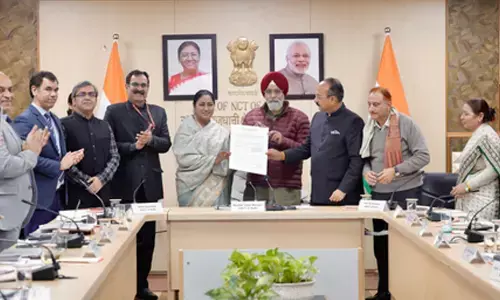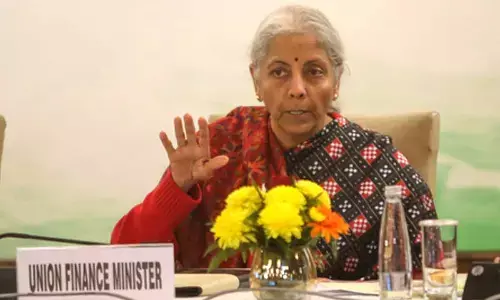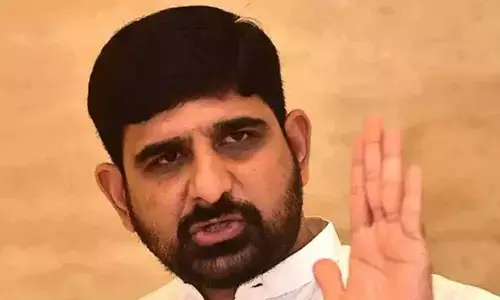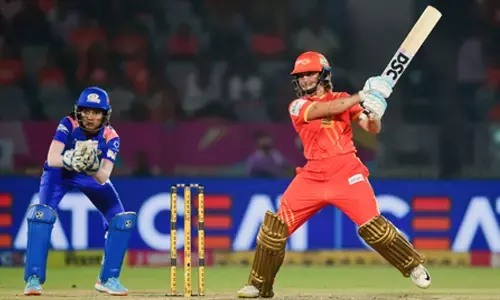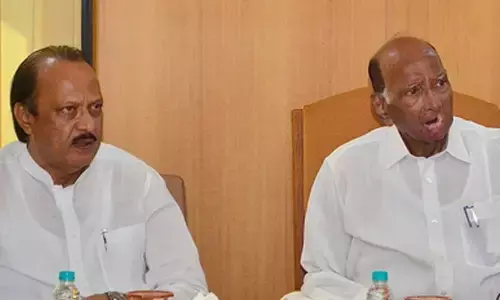After 377 decriminalised, Hindi play to question queer acceptance
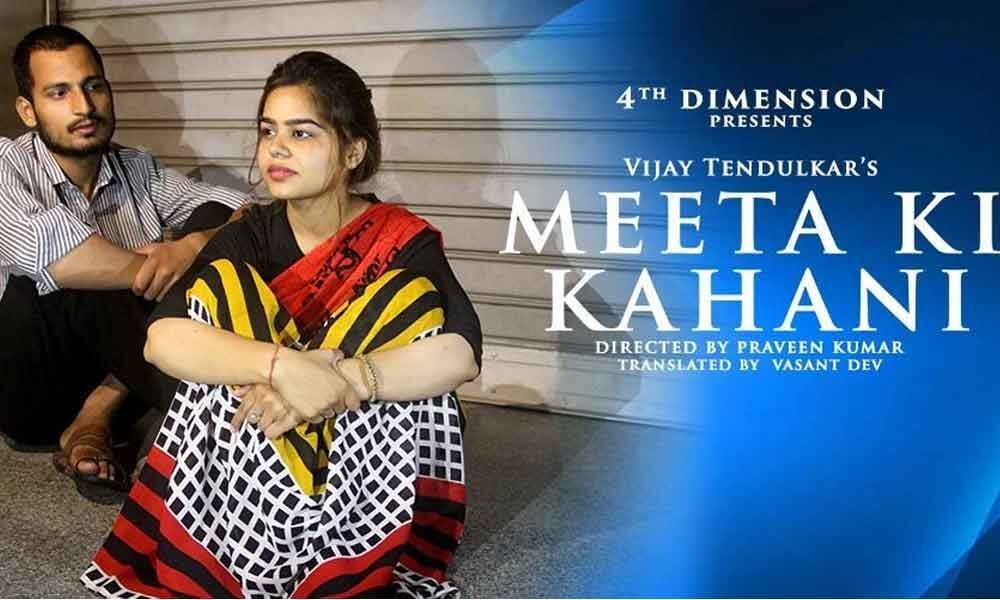
The Indian audience, in the 1996 film "Fire", saw Nandita Das and Shabana Azmi in a same-sex relationship on screen.
The Indian audience, in the 1996 film "Fire", saw Nandita Das and Shabana Azmi in a same-sex relationship on screen.
But, representations of homosexuality on stage remain few and far in between. A Hindi play here will revisit playwright Vijay Tendulkar's 1981 "Mitrachi Goshta", which tagged a stark commentary on homosexual love.
Titled "Meeta Ki Kahani", the 100-minute theatre production narrates the complex love triangle between three characters - Meeta, Nama and Bapu. Set in a college campus, the play is directed by Sameep Singh, a National School of Drama alumnus.
"Meeta is a young girl who comes to college, and befriends a male character called Bapu. He thinks they're close. But when she reveals herself, she finds she's different from a 'regular' woman.
Within the play, Meeta plays a man in a college drama, and starts sexually desiring her co-actor Nama," Singh, who is currently the Repertory Chief at the Sri Ram Centre For Performing Arts (SRCPA), said.
The play, considered ahead-of-its-time when it was penned in Marathi by Tendulkar in 1981, will now be staged in an Indian society which has legalised homosexual acts between consenting adults. "I felt today is the right time to stage it."
Singh lauded the striking off of Indian Penal Code's Section 377 that criminalises homosexuality, and in the same breath, echoed a major concern of the LGBTQ+ community -- that of acceptance.
"The queer community is on the margins, in many ways, and doesn't find a ready space in the society. In the play, a character Dalvi uses the term 'lesbian' as a 'gaali' (expletive).
"The play raises pertinent questions: Are the mindsets changing? Would we be accepting if our children want to go into such relationships in the future? Do we understand such youngsters or do we tag them as deviants or immoral?"
He adds: "There is an undercurrent intricately woven into the narrative - A woman exhibiting male instincts of dominance and power over a woman she's in a relationship with. Nama also later says: Voh mujhe ek vastu samajhti hai (Meeta considers me as an object)."











